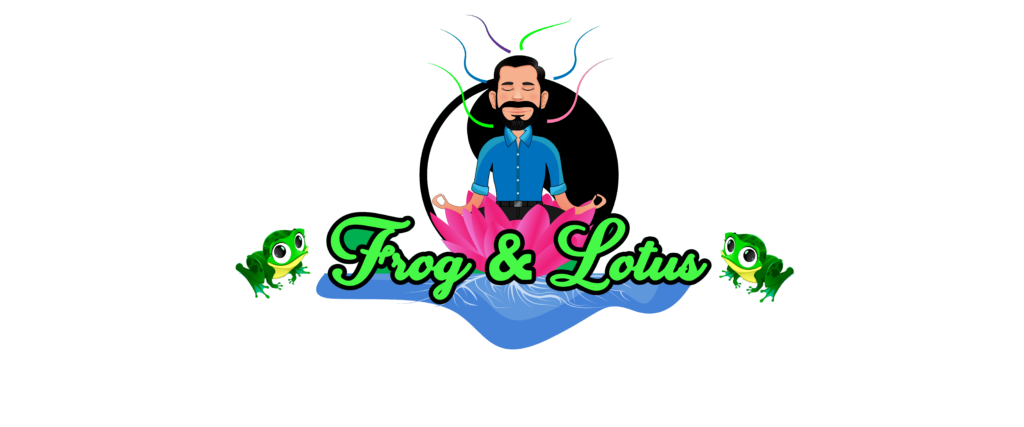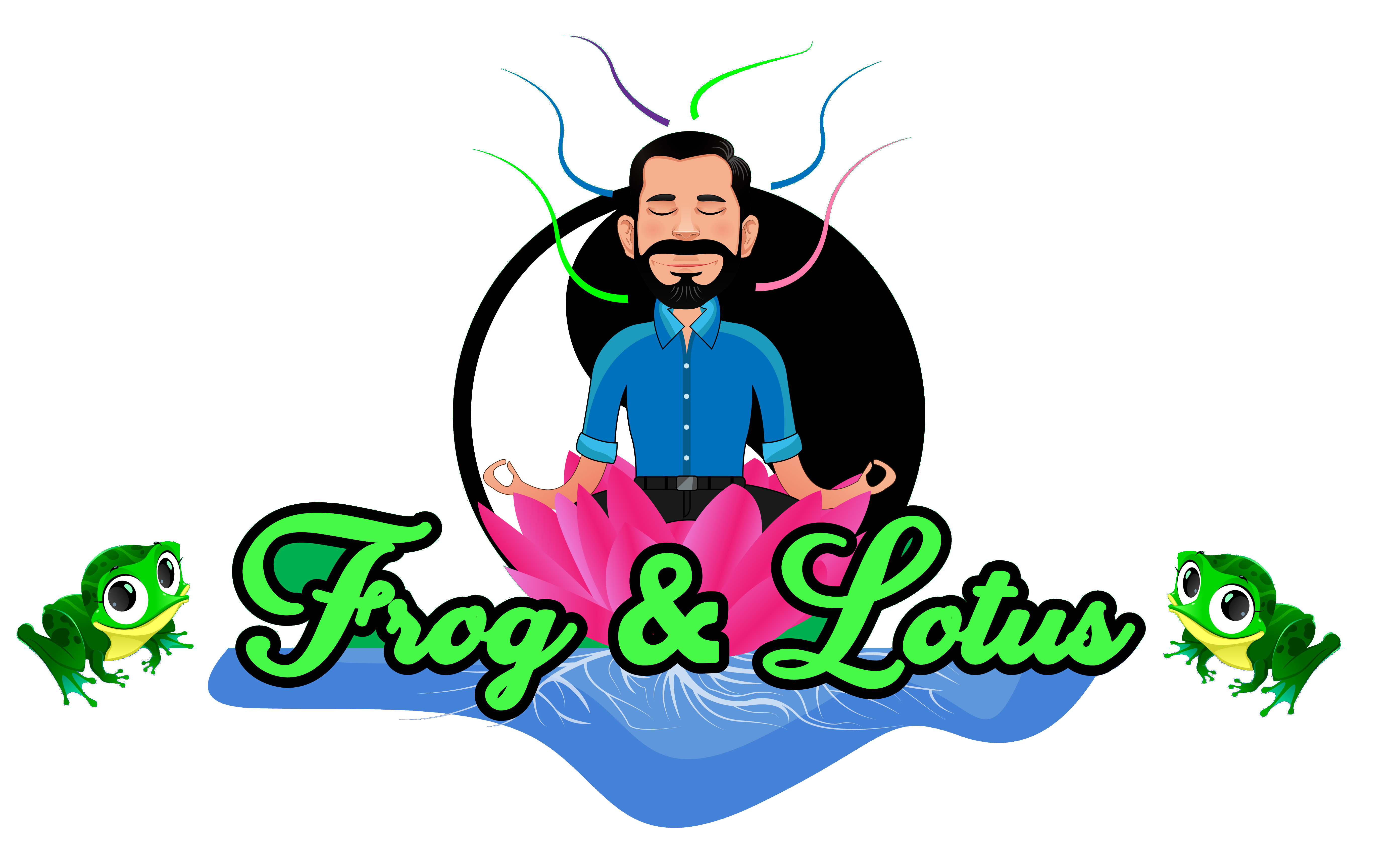The psychological term cognitive dissonance has always intrigued me. Cognitive relates to the mind, which is to say thinking and processing. Dissonance is the opposite of harmony in that it involves disturbance caused by the clashing of two things. Combining these two words results in a disharmonious disturbance based on a clashing of two thoughts, beliefs, or behaviors. In an article in Simply Psychology by Saul McLeod the term is defined as:
“A situation involving conflicting attitudes, beliefs or behaviors. This produces a feeling of mental discomfort leading to an alteration in one of the attitudes, beliefs or behaviors to reduce the discomfort and restore balance. For example, when people smoke (behavior) and they know that smoking causes cancer (cognition), they are in a state of cognitive dissonance.”
Dissonance is something that is felt by our bodies or in our hearts. It is not thoughts that disturb us. It’s the feelings, following thought, that result in either harmony or dissonance. In this way, cognitive dissonance is an experience that comes directly from our mind-body connection discussed yesterday. When the mind and body are aligned, we feel harmony. When there is a clashing of thoughts, beliefs or behaviors, our bodies feel disturbed, or dissonant.
In the example above, if one wants to eliminate the dissonance, he or she can either stop smoking or somehow convince themselves that smoking does not cause cancer. (Hard to do in today’s day and age of proven science.) But it is true that change only requires one or the other, which is why Joe Pantoliano’s character, Cypher, in The Matrix chooses the blue pill and says “Ignorance is Bliss.” Cypher has learned the truth, but the truth does not mesh well with his behaviors. Rather than changing his behavior, he longs for the pill that removes the truth from his mind which thereby brings him back to a state of harmony.
There are so many examples of this in my own life. Diet and eating habits have been a huge source of cognitive dissonance for me. There are so many opinions about “the right way” to eat that its really hard to know how to choose what we consume. When I was a kid, we learned in school about the food pyramid which included “healthy” portions of meat, bread, and cheese along with fruits and vegetables. Years later as I entered my forties and saw my vital stats beginning to approach borderline levels, I began to rethink my diet. Whatever I was doing wasn’t working so, of course, I read books and sought guidance. I decided to change things up by eating substantially less meat, bread, and dairy products and upped my fruit and vegetable intake. Very, very quickly my vital stats dropped down, not just to acceptable levels, but to extremely healthy levels. I also lost a substantial amount of weight that I didn’t know I had to lose. My doctor was shocked and impressed.
When I was younger, there was no cognitive dissonance about eating. I ate what I thought was a healthy diet most of the time and all was well. But then once I changed my beliefs about food, my behavior needed to change otherwise I would be left with dissonance. When my mind changed, my habits and my behaviors had to change in order to maintain harmony between body and mind.
When mind and body are not aligned a feeling of discomfort results. We can also call this dis-ease. Paying close attention to the feelings we experience can help us become aware of the thought patterns that cause them. This awareness can help us to take action to eliminate dissonance and bring our body and minds back to a state of harmony. When we do this, our mind and body are one, and in this state of balance we find we can more clearly experience our soul. Is it possible that you are currently holding on to beliefs that might be causing some dissonance in your life?
Photo by Morgan Housel on Unsplash



Great piece. 1. DBT has been been effective for patients with Borderline Personality Disorder because it addresses the specific related cognitive distortion, called as dichotomous thinking; 2. Interestingly, in the Map of Consciousness, true Power does not begin until one has left behind this prevalent dichotomous view of the world, also known as duality. And 3. My personal interpretation of this famous Bible citation “But you must not eat from the tree of the knowledge of good and evil, for on the day you eat from it, you will certainly die,” is that there is only “Oneness,” and the moment we use our free will and make up opposites, good or bad, right or wrong, we shall create a world or illusions, and there live in it, hence entering death, meaning knowing suffering, pain, and misery. To me, this also means, the moment we leave dichotomous thinking behind, we will surely go back to experiencing our True nature, allowing us to experience and express authentic and ever lasting joy, peace, happiness, and joy.
Thank you again, for being who you are to the world.